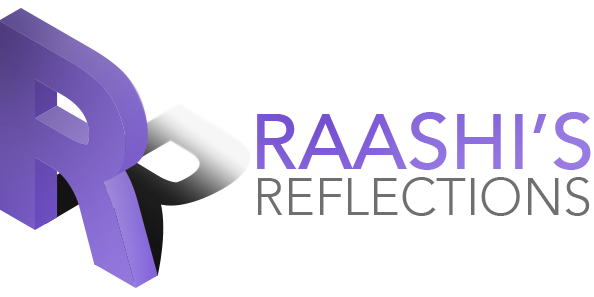Whatever tools musicians use to make music, almost every song or piece of music is a result of collective effort; a collaboration has happened at some point along the way. Nowadays, it has become easier for musicians, producers and engineers to work across the globe, by sharing files or through live streaming. Live steaming, or jamming over Skype, can sometimes be challenging because of lag, but this has not stopped the growing number of songs and music being produced this way.
Music collaboration web sites and apps are increasing daily. These range from Kompoz http://www.kompoz.com/music/home, a collaborative platform that covers everything from inception, right through to sharing credit and income. Ever thought of crowdsourcing a song? A global artist community is listed on the web site, and reaching out to a suitable match is a few clicks away. Other sites like Ohm Studio, Splice, Soundtrack and Wholeworldband have a similar premise, all of which have taken the frontrunner, software package Garage Band to the next level and beyond.
The applications are being used by musicians and, increasingly, by music educators too. The technology has positive implications for training. Online training courses may require a student to have a keyboard, but this can be overcome by downloading an app on an iPad or similar device.
While researching the topic I spoke to Pebbles Kunta, a local singer-songwriter. ‘The process varies from project to project,’ she explains. ‘My most recent song took only two weeks to produce and is radio-friendly (length of 3 minutes 20 seconds). The song included my singing voice, instrumentalists, a rapper and music producer, none of whom had to be physically together.’
‘When writing a song, I often collaborate with my good friend, Zikhona. If I am inspired, I can sing what I’m feeling, record a voice note and WhatsApp it to her. She gives me feedback, or even better, adds another line or verse, and before we know it, we have lyrics. By the time we get together, we have a point of departure.’
iTunes and YouTube have changed the way songwriters now reference tracks – CDs do not have to be bought. Including songs on a set list is easier too, with the functionality music packages offer.
Pebbles does not play an instrument herself, and previously had to rely on instrumentalists to jam with. With Garage Band though, she is more independent. ‘Garage Band has all loops from different instruments and sounds, one chooses and puts them all together. Purists will say it’s not real production, but hey, I think its pretty cool.’ Listening to her smooth sounds, I can’t help but agree.
Raashida Khan is the account director at Indigo New Media, who dreams of an engaged, collaborative world, and dabbles in writing.
